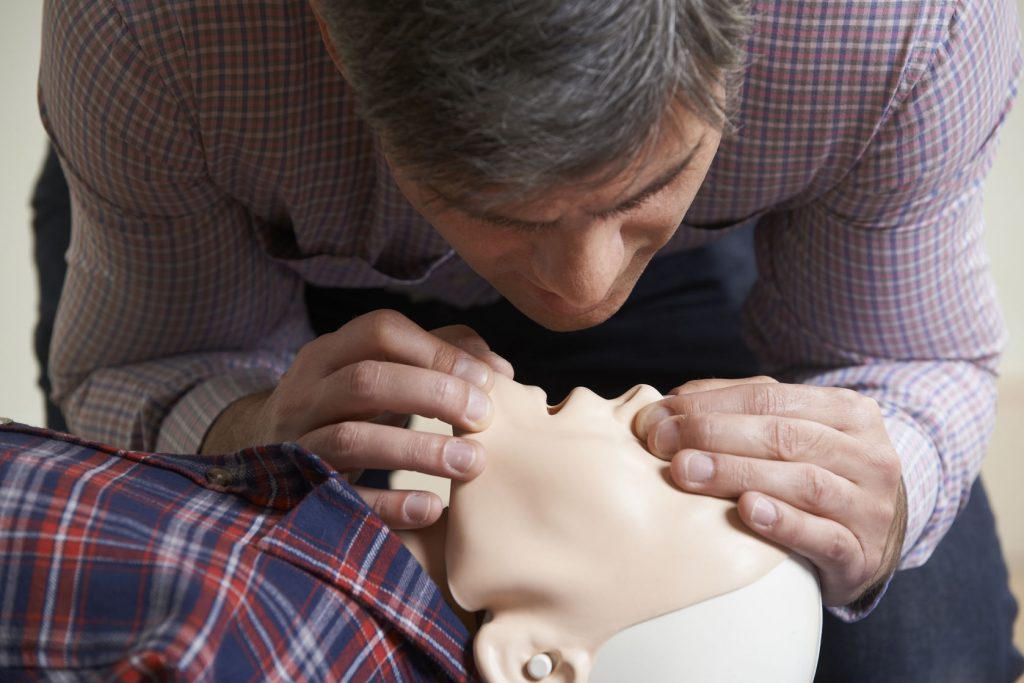Cardiopulmonary Resuscitation CPR is a life-saving skill that can make the difference between life and death in an emergency. Whether you are a healthcare professional, a concerned parent, or simply someone who wants to be prepared for unforeseen situations, elevating your CPR expertise through comprehensive training programs is essential. These programs provide individuals with the knowledge and skills necessary to respond effectively in critical situations and increase the chances of saving lives.

Why Comprehensive Training Programs Matter
Life-Saving Skills: CPR is a vital skill that can help maintain blood circulation and oxygenation to the brain and other vital organs during cardiac arrest. Comprehensive training programs equip participants with the skills needed to perform high-quality CPR, increasing the likelihood of a positive outcome for the victim.
Confidence and Preparedness: Knowing what to do in an emergency can make the difference in a person’s willingness to step forward and take action. Comprehensive CPR training instills confidence in participants by providing them with the knowledge and skills necessary to respond effectively in a crisis.
Versatility: CPR training programs are designed to meet the needs of various individuals and settings. Whether you need training for healthcare professionals, workplace safety, or for personal reasons, there is a comprehensive program tailored to your specific requirements.
Adherence to Guidelines: CPR guidelines are updated regularly to reflect the latest research and best practices. Comprehensive training programs ensure that participants are up-to-date with the most current guidelines and techniques, ensuring the highest standard of care.
What to Expect from Comprehensive CPR Training Programs
Comprehensive CPR training programs typically cover a range of essential topics and skills to ensure that participants are well-prepared to respond effectively to a cardiac arrest situation. Here are some key components you can expect from these programs:
Basic Life Support BLS Skills: Participants will learn the fundamentals of BLS, including chest compressions, rescue breaths, and the use of automated external defibrillators AEDs. These skills are crucial for maintaining blood circulation and oxygenation during a cardiac arrest.
Adult, Child, and Infant CPR: Comprehensive programs cater to diverse audiences, providing training for CPR on adults, children, and infants. Different age groups may require slightly different techniques, and participants will learn how to adapt their approach accordingly.
AED Training: AEDs are devices that can analyze a person’s heart rhythm and deliver an electric shock if necessary. CPR training programs teach participants how to use AEDs safely and effectively.
Choking Response: Choking can be a life-threatening emergency. CPR training programs often include instruction on how to respond to a choking victim, including techniques to clear airways and provide assistance.
Team Dynamics: In healthcare settings, CPR is often performed by a team of professionals. Comprehensive programs teach participants how to work effectively as part of a team during a resuscitation effort, ensuring coordinated care.
Recognition of Cardiac Arrest: Early recognition of cardiac arrest is critical for a positive outcome. Participants learn to identify the signs and symptoms of cardiac arrest and how to initiate the appropriate response promptly.
Take Action CPR
444 N Michigan Ave Suite 1200, Chicago, IL, 60611
(312) 761-4859
Certification: Many comprehensive chicago cpr training programs offer certification upon successful completion. Certification is often required for healthcare professionals and is valuable for individuals looking to demonstrate their CPR proficiency.
